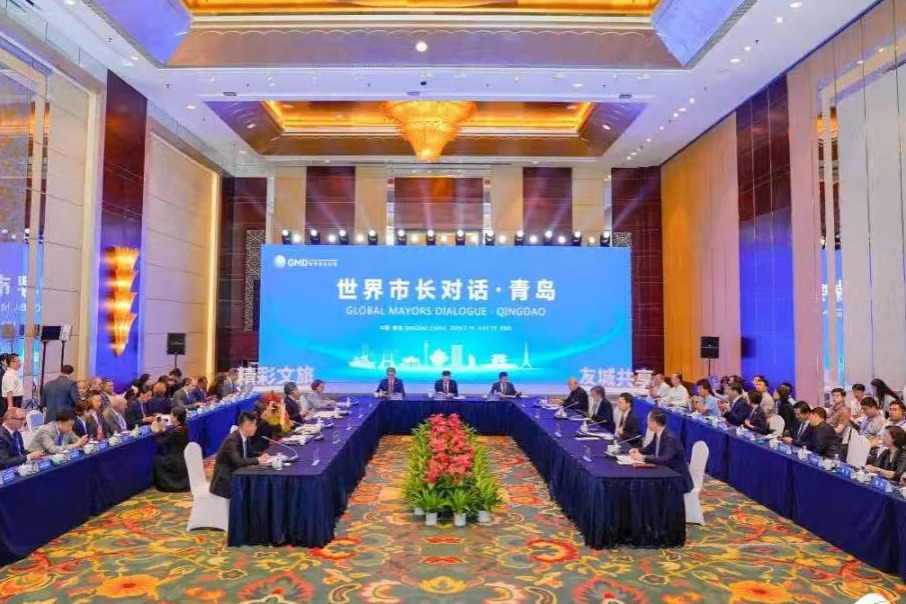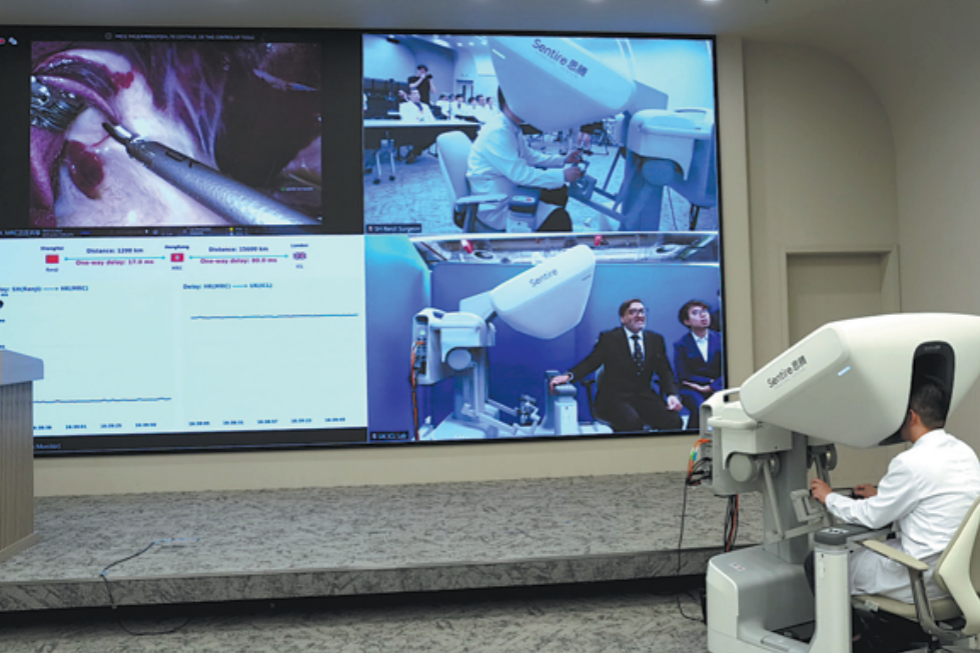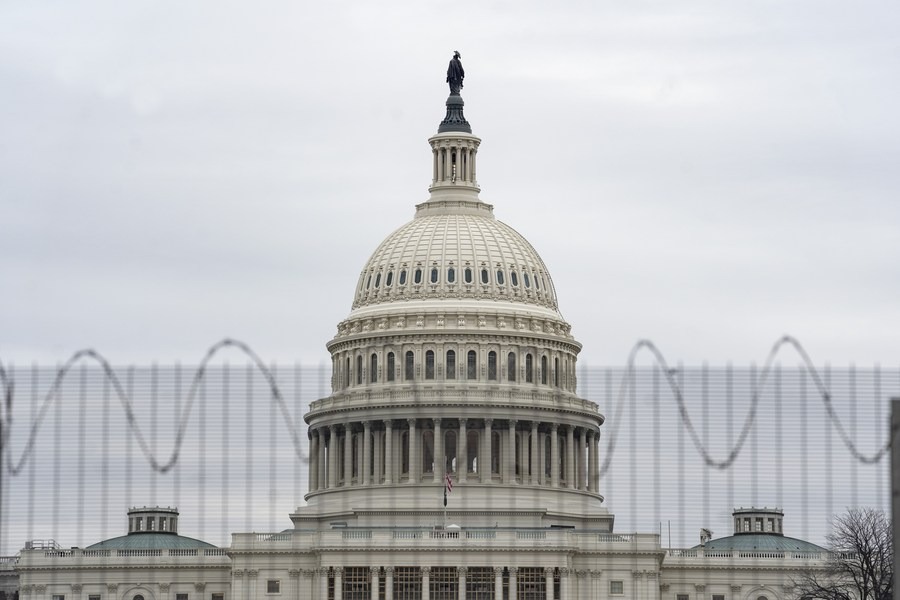Analyzing the illegality and invalidity of the South China Sea Arbitration Awards via six 'whys'
Keynote Speech at the Symposium on "South China Sea Arbitration Awards and International Law"

VI. Why is it absurd for the tribunal to rule that China's activities in the South China Sea are illegal?
The arbitral tribunal mischaracterized the legal status of sea areas, erred in its factual findings, accepted inadmissible evidence, misinterpreted and misapplied the law. Consequently, its conclusion that China's related activities in the South China Sea violated the Convention's provisions or were illegal was based on entirely subjective speculation.
First, the tribunal's conclusion that China's activities in the South China Sea were illegal was based on false facts and an illegal premise. The tribunal erroneously asserted that the relevant sea areas of the Nansha Qundao belonged to the exclusive economic zone or continental shelf of the Philippines. For example, the tribunal found that China's activities to affirm and safeguard its sovereignty and rights, as well as its resources management and exploitation activities in the South China Sea, violated the sovereignty rights of the exclusive economic zone and continental shelf of the Philippines. However, this decision was founded on the erroneous assumption that the relevant sea areas involved in China's activities fell within the Philippines' exclusive economic zone and continental shelf. China and the Philippines have not resolved their territorial issues or delimited their sea boundaries. Therefore, the basis for determining their respective claims is absent. As a result, the fundamental prerequisites for establishing the Philippines' claims do not exist. Hence, it is impossible to discuss whether the relevant sea areas are the exclusive economic zone and continental shelf of the Philippines, and it is completely untenable to argue that China's activities in the South China Sea are illegal based on this preposterous premise.
Second, the tribunal seriously erred in its factual findings, accepted inadmissible evidence, misinterpreted and misapplied the law regarding China's various activities in the South China Sea. In its factual findings, the tribunal's conclusion that the fishing activities of Philippine fishermen gave rise to "traditional fishing rights" lacked a factual basis. In dealing with evidence, the tribunal was biased towards China's activities related to marine environmental protection in the South China Sea. It relied on a report by three experts who conducted a complex scientific assessment of the South China Sea marine environment in no more than 17 days, lacking first-hand empirical data. Additionally, the tribunal made numerous errors in interpreting and applying the law, including incorrectly applying "traditional fishing rights" to the legal régime of the territorial sea through Article 2(3) of the Convention. In short, the conclusion that China's activities in the South China Sea are illegal is entirely absurd.
In conclusion, the arbitral tribunal in the South China Sea Arbitration egregiously exceeded its jurisdiction, shockingly abused and expanded its power, and seriously infringed on China's rights and interests, rendering the awards illegal and invalid from the beginning. These awards, marred by staggering procedural irregularities and wrongful adjudication, not only harm China but also undermine the common interests of all States Parties to the Convention and the international community at large; therefore, these awards are not worth the paper they are printed on. China neither accepts nor recognizes them, standing firmly in support of international fairness and justice, a stance believed to be backed by an increasing number of countries advocating for these principles.
Ma Xinmin is director-general of the Department of Treaty and Law of the Ministry of Foreign Affairs. The views do not necessarily reflect those of China Daily.
If you have a specific expertise, or would like to share your thought about our stories, then send us your writings at opinion@chinadaily.com.cn, and comment@chinadaily.com.cn.


































